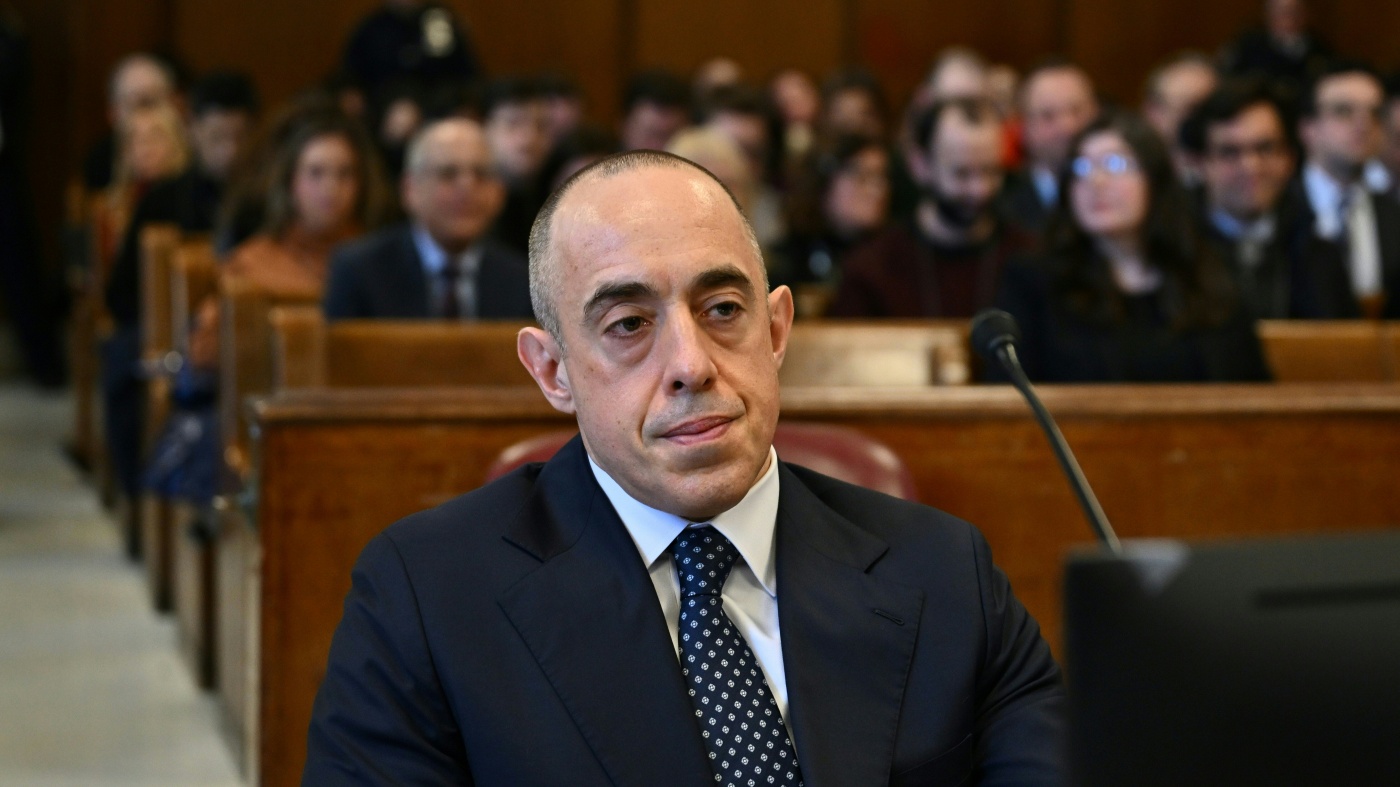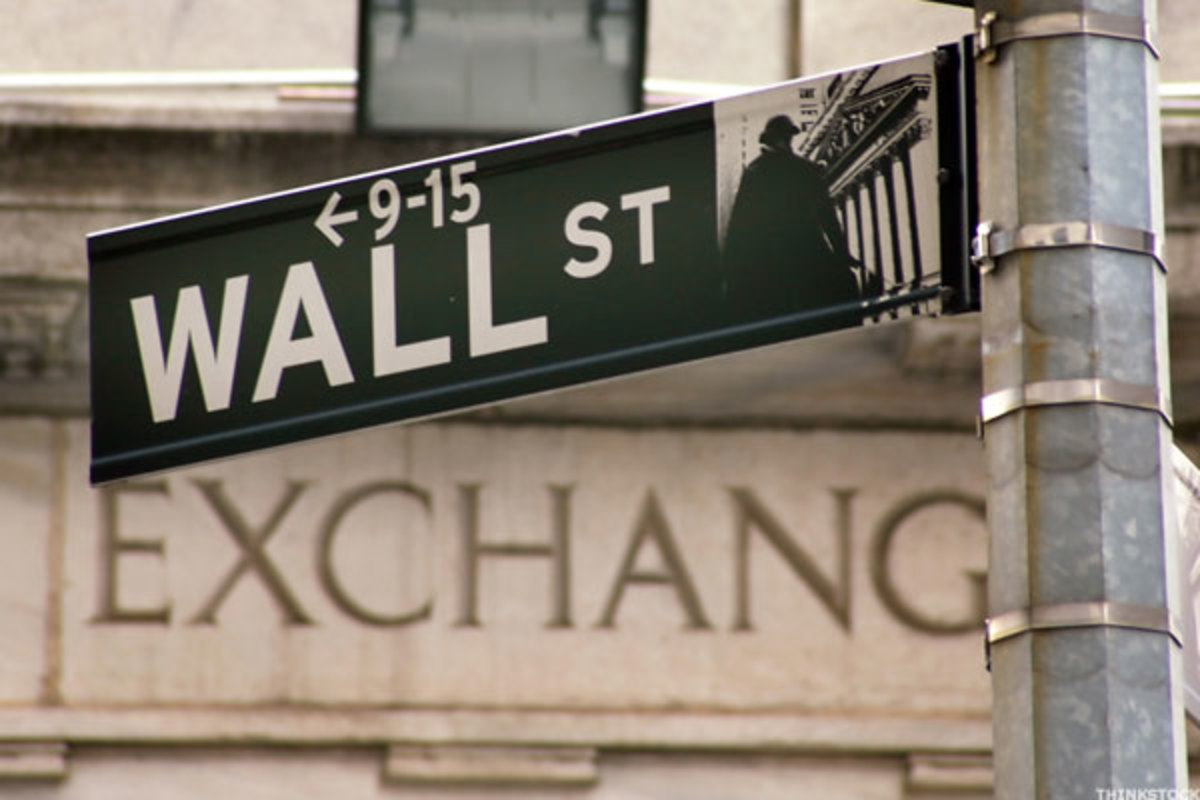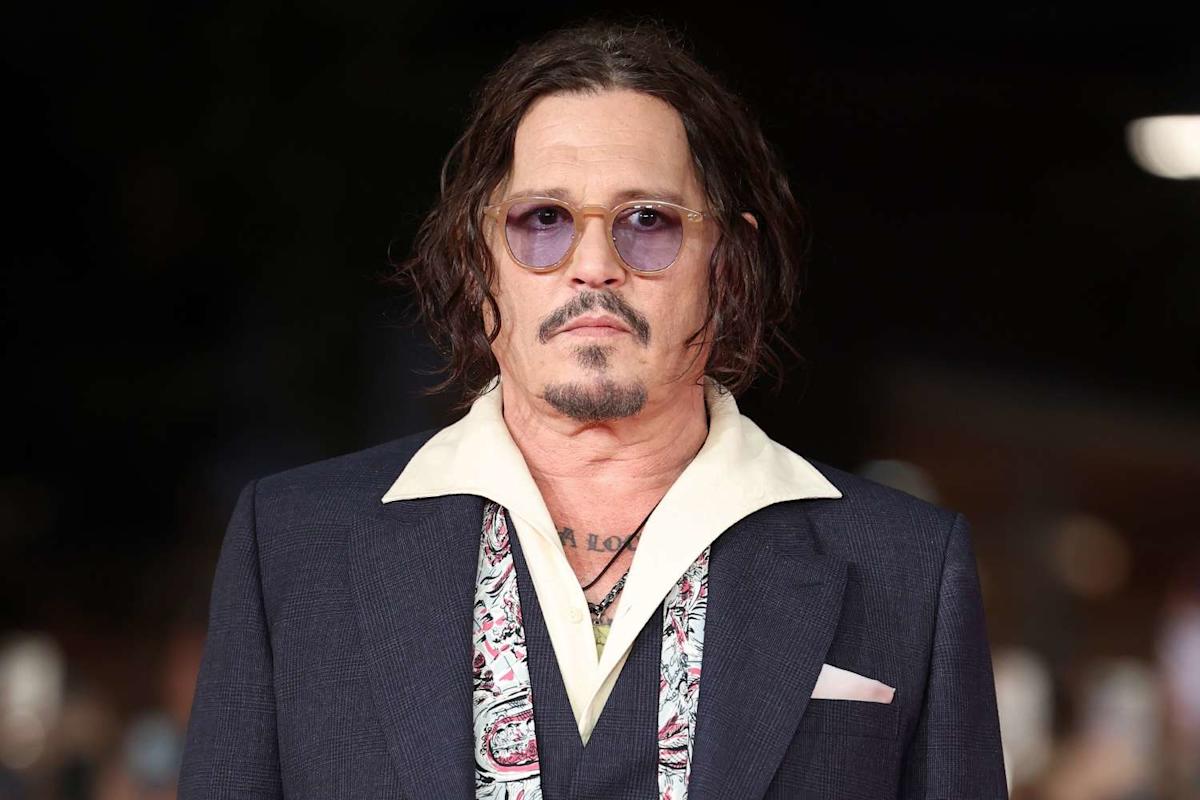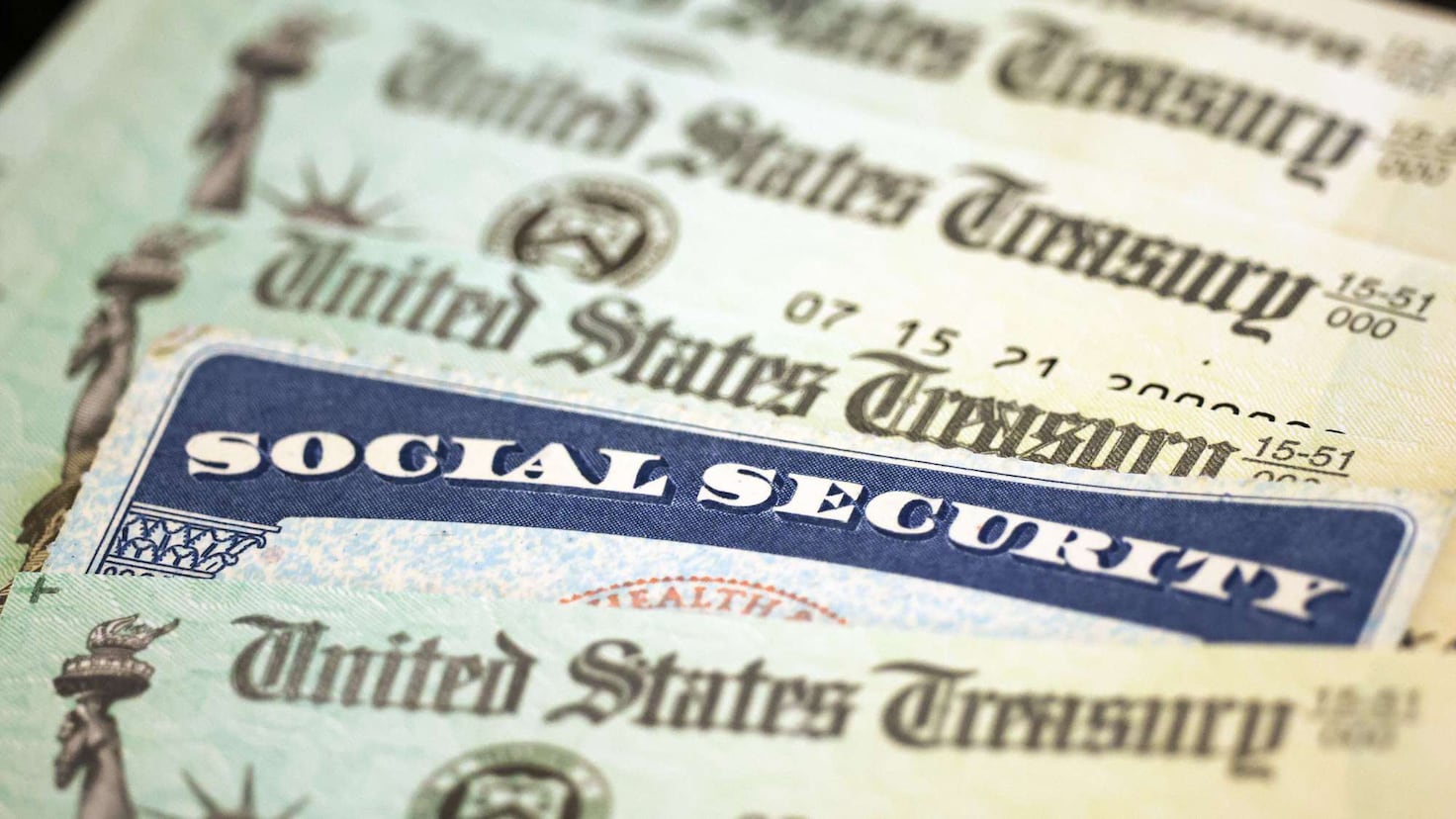Trump’s Appeals Judge Nominee Faces Senate Scrutiny

WASHINGTON, D.C. – President Trump’s nominee for a federal appeals court position, Emil Bove, is set to face intense questioning from the Senate Judiciary Committee this week. The nomination has sparked controversy due to Bove’s history as a federal prosecutor and his close ties with Trump during significant legal battles.
Immediate Impact
The nomination of Emil Bove to the U.S. Court of Appeals for the Third Circuit has raised alarms among critics who describe him as “ill-suited” for a lifetime appointment. Bove’s career as a federal prosecutor and his role in defending Trump through multiple criminal indictments have been focal points of concern.
“Conservatives…should worry about judgeships being handed out as favors to loyalists,” said Gregg Nunziata, a former chief nominations counsel for senior Republican lawmakers.
Key Details Emerge
Bove’s career includes significant involvement in the Justice Department’s most aggressive moves, including the dismissal of prosecutors and FBI agents who investigated Trump and the Jan. 6 Capitol riot. His recent withdrawal from a corruption case against New York City Mayor Eric Adams has also drawn attention.
Senate Democrats view Bove’s nomination as an opportunity to scrutinize his role in the upheaval within the Justice Department, questioning his temperament and decision-making as a federal prosecutor.
Influence of the Federalist Society
While Trump’s first term saw over 200 federal judges confirmed with the help of the Federalist Society, Bove’s nomination marks a departure from this strategy. Not a member of the Federalist Society, Bove is the highest-level pick among the judicial nominees under consideration this week.
“The President is committed to nominating constitutionalists to the bench who will restore law and order,” said White House spokesman Harrison Fields.
Background Context
Bove’s legal career began with prestigious clerkships for federal judges appointed by President George W. Bush. As a prosecutor, he worked on high-profile cases, including those against Venezuelan President Nicolas Maduro and Cesar Sayoc, who targeted Trump’s perceived enemies with bombs.
However, Bove’s tenure at the U.S. Attorney’s Office for the Southern District of New York was not without controversy. A conviction was abandoned due to prosecutorial misconduct, and reports of Bove’s alleged reckless behavior have surfaced.
Expert Analysis
Mike Davis, a former clerk to Supreme Court Justice Neil Gorsuch, has urged Trump to make bolder judicial picks, criticizing the influence of the Federalist Society. Meanwhile, Ed Whelan, a former Justice Department official, noted the rarity of lower court appointees significantly impacting administration policies.
Efforts to Reshape Justice Department
A whistleblower complaint has accused Bove of planning to defy court orders related to the administration’s deportation agenda. Bove’s role in reshaping the Justice Department’s priorities has been controversial, with actions including the firing of career prosecutors and altering the department’s focus.
“Putting him on the federal bench would be an affront to judicial independence,” said Stacey Young, a former DOJ lawyer.
What Comes Next
Bove’s confirmation hearing presents a pivotal moment for the Trump administration’s approach to the judiciary. While Senate Democrats may influence public opinion, their ability to block the nomination in a Republican-controlled Senate remains limited.
As the Senate Judiciary Committee prepares to question Bove, the broader implications for the federal judiciary and the administration’s legacy are at stake. The outcome of this nomination could signal a shift in the balance of judicial appointments and the future direction of the Justice Department.






